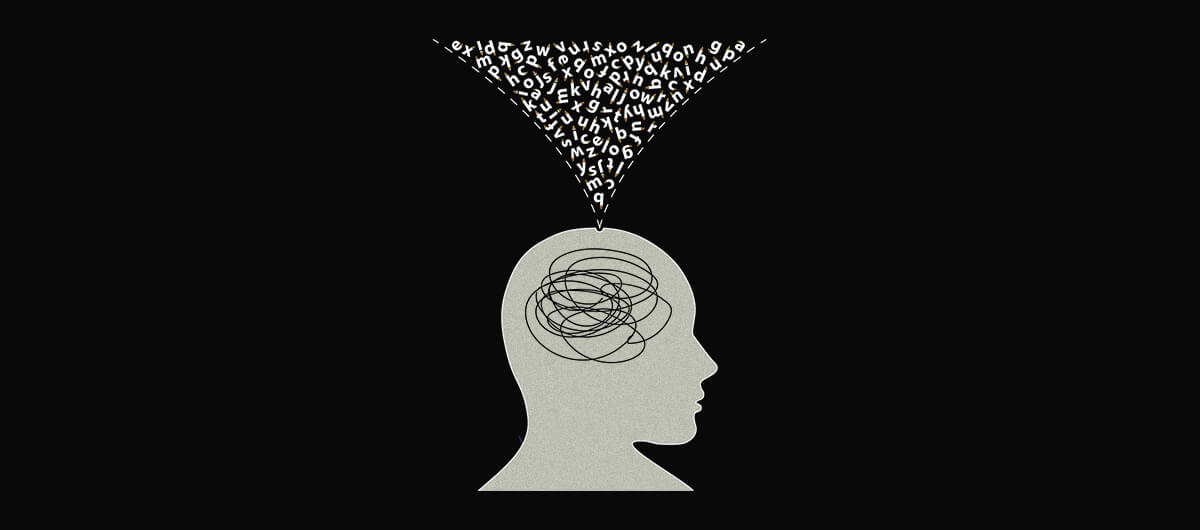The Importance of Critical Reading in the Digital Age
Core Concepts
In a world where social media blurs the lines between authors and readers, the essence of critical reading is at risk. The author highlights the necessity for improved reading and thinking skills to navigate the digital landscape effectively.
Abstract
In an era where social media has transformed how readers interact with authors, this article delves into the importance of critical reading skills. The author emphasizes that not all writing is meant to be taken literally, distinguishing between personal essays and opinion pieces. The narrative explores how modern readers often fail to grasp irony and hyperbole, leading to misinterpretations of texts.
The piece reflects on the evolution of literature teaching over time, emphasizing the need for guidance in understanding complex texts. It contrasts the challenges faced by college students today with those from previous generations when engaging with literary works. The narrative also touches on personal experiences related to online interactions and misinterpretations.
Furthermore, it discusses how technology has revolutionized access to information but also highlights the negative impact of misinformation due to poor reading practices. The article concludes by stressing the urgency for enhanced critical reading abilities as a means of survival in a world inundated with data and disinformation.
Have We Forgotten How to Read Critically? | Dame Magazine
Stats
"We urgently need your help to keep publishing."
"Every writer I’ve ever loved is immortal in this way."
"Today’s reader will simply not accept the baton being passed."
"If something is unclear, the author must expand; if something offends, the author must account and atone."
"Authorial worthiness is zero-sum."
"I was a fan of hers for years before that, going back to Suck.com and Rabbit Blog."
"A soft, anxiously beating heart will always be nestled inside the confident bluster of her voice."
"It’s just deliberately understated, in direct contrast to the hyperbolic way she discussed his flaws (and, it bears repeating, her own)."
"But what we love is never free of flaws."
Quotes
"Every day of the last two years, we’ve seen devastating consequences of combining a torrential flow of information with lousy reading and thinking."
"We have to do better...Reading better, thinking better is quite literally a matter of survival in these days."
"It’s no longer enough to see a headline, feel a feeling, and go off."
Key Insights Distilled From
by at www.damemagazine.com 01-07-2022
https://www.damemagazine.com/2022/01/07/have-we-forgotten-how-to-read-critically/
Deeper Inquiries
How can educators adapt teaching methods to enhance critical reading skills in students?
Educators can adapt teaching methods by incorporating strategies that focus on close reading, analysis, and interpretation of texts. One approach is to encourage students to engage with challenging literature that requires them to delve deeper into the text, understand the author's intent, and critically evaluate the content. Teachers can also introduce discussions that prompt students to question assumptions, consider different perspectives, and support their interpretations with evidence from the text.
Furthermore, educators can emphasize the importance of context when reading a piece of writing. By providing background information about the author, historical events, or cultural references relevant to the text, students can develop a more nuanced understanding of the material. Additionally, teachers should teach students how to identify bias in writing and recognize logical fallacies or inconsistencies in arguments presented in texts.
Incorporating technology tools such as online annotation platforms or discussion forums can also help facilitate collaborative learning experiences where students can share insights and interpretations with their peers. By creating an interactive environment that encourages active participation and critical thinking skills development, educators can effectively enhance students' critical reading abilities.
How does social media play a role in shaping reader-author interactions and interpretations?
Social media has transformed reader-author interactions by providing a platform for immediate feedback and engagement between writers and their audience. Authors now have direct access to readers through platforms like Twitter, Instagram, or blogs where they can share insights about their work or respond to comments and questions from readers. This real-time interaction allows for a more dynamic relationship between authors and their audience compared to traditional forms of communication.
However, social media also influences how readers interpret an author's work by amplifying diverse perspectives on written content. Readers often use social media channels to discuss books they've read or articles they've encountered online. These discussions may lead to varying interpretations of a piece of writing based on individual experiences or beliefs shared within specific online communities.
Moreover, social media platforms sometimes contribute to misinterpretations or misunderstandings due to limited character counts or lack of context provided in posts. Readers may jump to conclusions without fully comprehending an author's intended message leading to miscommunication between writers and readers.
How can individuals cultivate discernment amidst vast amounts of information available online?
To cultivate discernment amidst vast amounts of information available online individuals must practice digital literacy skills such as fact-checking sources before accepting information as true. It is essential always be skeptical about what one reads online until verifying its accuracy through reputable sources.
Additionally setting aside time for deep reading rather than skimming through headlines helps individuals gain comprehensive knowledge about various topics instead relying solely on surface-level understanding gained from quick scans.
Engaging with diverse viewpoints across multiple sources enables individuals develop well-rounded perspectives while avoiding echo chambers which reinforce existing beliefs without considering alternative opinions
Lastly developing critical thinking skills involves questioning assumptions biases present within written content analyzing arguments presented evaluating evidence supporting claims made this process aids cultivating discernment when navigating through plethora information accessible via internet
0
